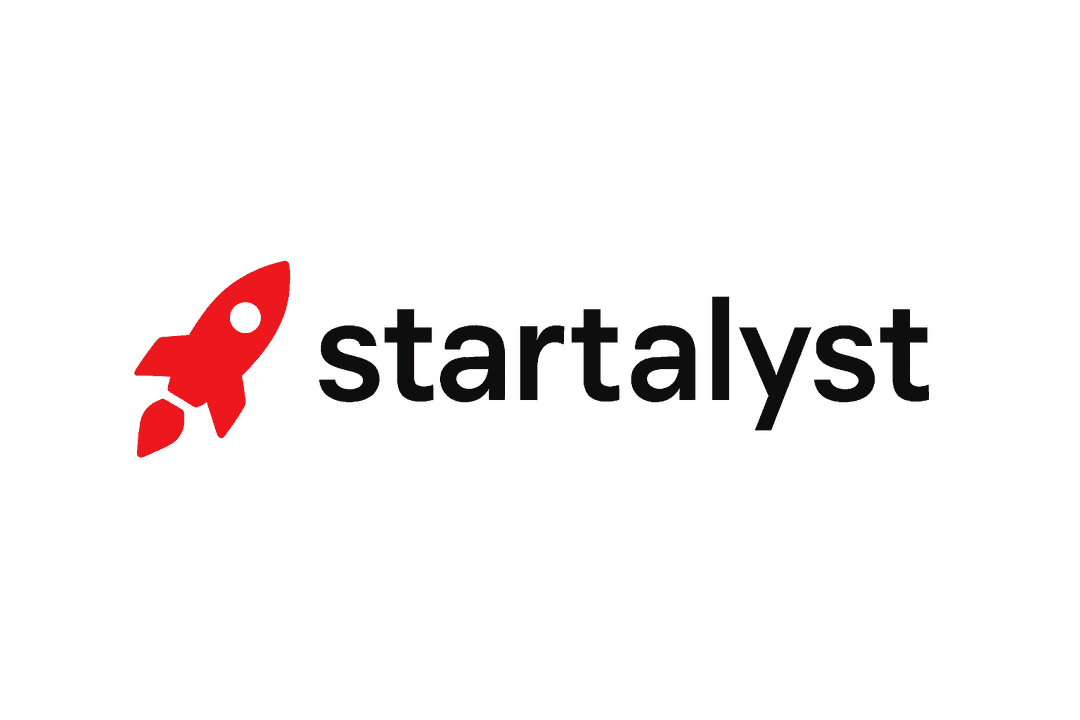Sign Business Ideas Starter Guide
How to Get the Best Results
Start by matching what you already do well with simple, repeatable sign products like yard signs, banners, and vehicle magnets. Those items require low setup time and sell to local businesses, nonprofits, real estate agents, and event organizers.
Run quick local tests: design three templates, print small batches, and pitch them by email and in person to nearby businesses. Track which designs and outreach messages land, then scale the winners.
Step 1 — Who are you?
Pick the background that fits your reality and lean into the practical advantage it gives you in creating a sign-focused business.
- Retail manager — customer service — You can build repeat revenue from local clients who need routine sign updates.
- Print shop employee — production — You already know how to run printers and cut materials efficiently for small runs.
- Graphic designer — branding — You can deliver professional sign artwork that commands higher prices.
- Car wrap installer — installation — You can offer vehicle signage with confident, fast installations that local clients trust.
- Small contractor — project management — You can bundle signage into other local jobs like storefront remodels and landscaping projects.
- Marketing coordinator — local outreach — You understand how to position signs to drive measurable foot traffic or leads.
- Hobbyist maker — craftsmanship — You can produce standout custom pieces like carved signs and hand-painted boards for premium clients.
Step 2 — Add interests & skills
Choose interests and skills that align with low-cost products or scalable services in the sign space.
- Graphic design You can produce templates and quick turnarounds that clients pay a premium for.
- Vinyl cutting You can make decals, lettering, and simple vehicle graphics with minimal overhead.
- Large-format printing You can print banners and posters that sell to events and retail stores.
- Sign installation You can charge for on-site mounting and add recurring maintenance contracts.
- Sales outreach You can secure bulk buyers like realtors and contractors through targeted email and cold calls.
- Photography You can create lifestyle shots of signs in place to improve listings and social proof.
- Social media You can drive local awareness with before-and-after reels and neighborhood targeting.
- SEO and local listings You can attract nearby customers searching for sign services online.
- Metalworking You can add premium metal signs and frames to your offerings for higher margins.
- Woodworking You can produce authentic, hand-finished signs for boutique shops and cafes.
- Event planning You can be the go-to vendor for conferences and festivals needing wayfinding and branded signage.
- Project scheduling You can coordinate multi-site installs and reduce downtime between jobs.
Step 3 — Set available capital
Decide how much you can invest up front; each bucket suggests practical sign business ideas that match that budget and return timeline.
- ≤$200 Start with a heat press or small vinyl cutter and sell yard signs, window decals, and simple banners marketed to neighbors and social groups.
- $200–$1000 Buy a reliable vinyl cutter and entry-level large-format printing services or a used wide-format printer to produce higher-volume banners and vehicle magnets for local businesses.
- $1000+ Invest in a quality large-format printer, finishing tools, and a compact laminator to take on retail, event, and municipal signage with better margins and faster turnaround.
Step 4 — Choose weekly hours
Be realistic about the time you can commit and pick services that fit that schedule.
- 5–10 hours/week Offer templated yard signs, seasonal banners, and decal orders that you can batch-produce on evenings and weekends.
- 10–20 hours/week Add custom graphic work, pickup and local delivery, and scheduled installs for small businesses.
- 20+ hours/week Build recurring contracts with property managers, event organizers, and chains, and expand production to handle steady orders.
Interpreting your results
- Match your chosen background, skills, capital, and hours to realistic early offerings rather than trying to launch everything at once.
- Low capital and few hours favor templated, repeatable products like yard signs and banners that you can sell by the dozen.
- Moderate capital and part-time hours suit adding custom graphics and installation services that increase revenue per job.
- Higher capital and full-time hours let you compete for commercial contracts, larger print runs, and multi-site installations.
- Track three metrics: number of leads, conversion rate from quote to sale, and profit per job, and use them to decide which sign business ideas to scale.
Use the generator above as a checklist: pick who you are, add the skills that fit your reality, set capital, and choose hours, then test the smallest viable offer in your neighborhood and iterate from there.
